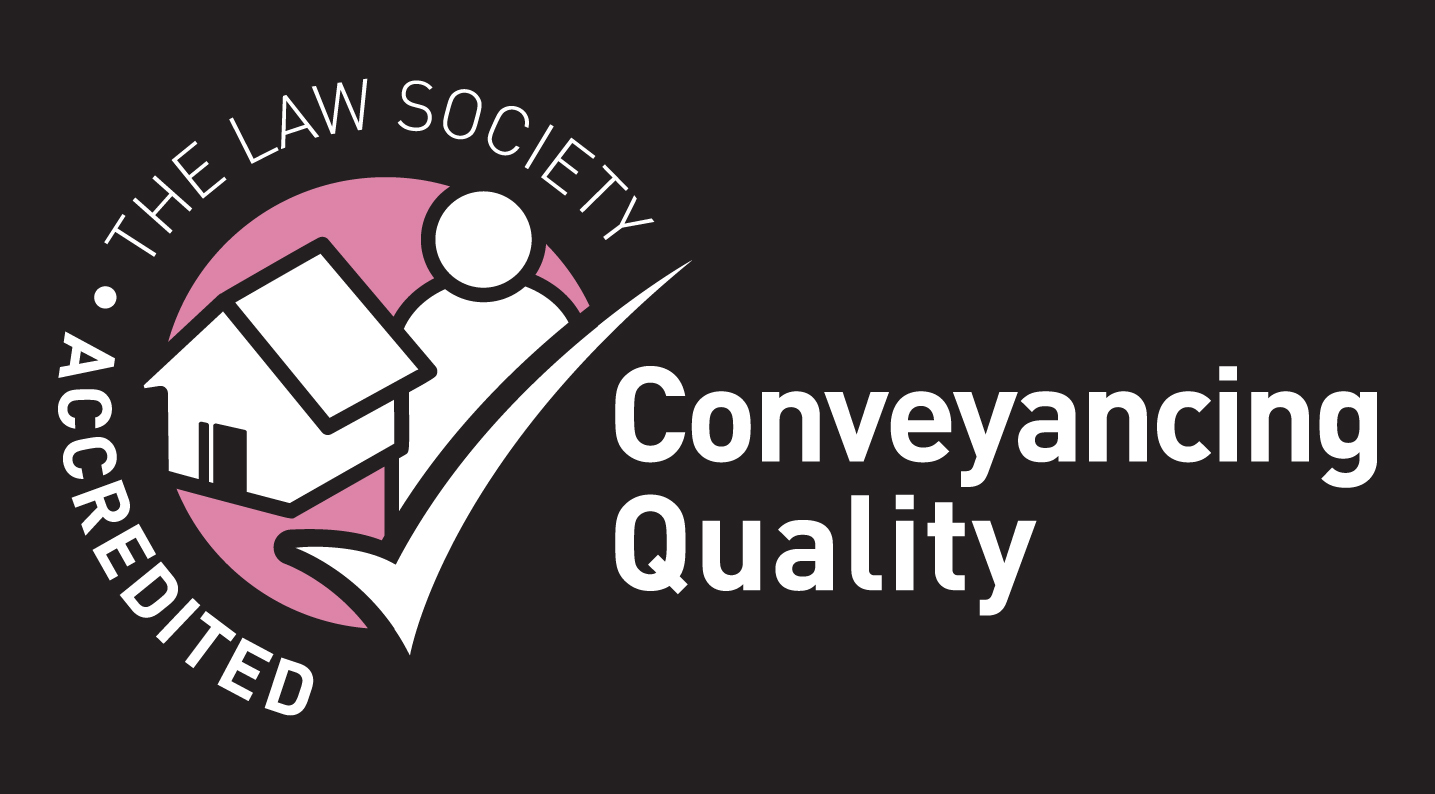Section 172 of the Road Traffic Act 1988 places a legal obligation on you as the registered keeper of a vehicle to disclose the identity of the driver when requested by the authorities. It is a criminal offence to neglect this duty, and it can result in severe penalties.
When the police or relevant authorities ask for driver details, it is crucial to respond within the specified timeframe, as ignorance or lack of awareness is not a valid defence.
Failing to comply with Section 172 can have significant consequences. You may face substantial fines, accrue penalty points on your driving license, or even face disqualification from driving.
Call us on 0207 100 2525 for immediate help & assistance with your situation.
We’re here to help you in person, via the phone or online.
Additionally, the offence can impact your insurance premiums, making it harder to obtain insurance in the future. Understanding the potential outcomes of non-compliance is vital to protect your driving record and financial well-being.
While compliance is the general expectation, there may be defences and exceptions applicable in certain circumstances. For instance, if you genuinely do not know the identity of the driver or can prove that it was not reasonably practicable for you to provide the information, these factors may be taken into account.
You must seek legal advice from qualified failure to provide driver details (Section 172) offence solicitors to explore your options and build a strong defence if applicable.
Here at the London-based Adam Bernard’s Solicitors, our failure to provide driver details (Section 172) offence lawyers offer tailored help, advice, and guidance on all motoring offence cases. Get in touch with our motoring offence solicitors to discuss your case in detail.
When a traffic offence occurs and the police later want to charge the driver at the time of the offence, the first step is to confirm the driver’s identity. This is done by sending a Section 172 notice to the address of the registered vehicle. If you are the registered keeper of the vehicle, the notice will be sent to your address.
In this notice, you are asked to confirm the identity of the driver at a specific time. The police are legally required to send this notice within 14 days of the alleged offence. You will also receive a Notice of Intended Prosecution (NIP) along with the Section 172 notice.
The NIP informs you of the police’s intent to prosecute the driver for an alleged offence. You don’t need to respond to the NIP. However, you must respond to the Section 172 notice with complete details of the driver. If you fail to do so, you may face penalties.
Once you receive the Section 172 notice, you must send it back to the authorities with relevant details in 28 days. Even if you were the driver of the vehicle at the time the offence occurred, you must provide your details. If you fail to do so, you will be charged under Section 172.
If you are not sure how to respond to the notice, you can consult failure to provide driver details (Section 172) offence solicitors. Experienced motoring offence solicitors will provide you with detailed guidance on how to fill out the form and respond to the notice.
Obtaining driver details is often the first step in prosecuting a person for an alleged traffic offence. If the police can’t ascertain the driver’s identity, there is no way to proceed with the charges.
This is why it is legally imperative for you to provide driver details in response to a Section 172 notice. Failure to do so can result in:
If the traffic offence for which the police require driver details is relatively minor, it doesn’t make sense to risk the above penalties. Instead, it is typically a good idea to simply share driver details. You may consult qualified failure to provide driver details (Section 172) offence solicitors before you choose whether or not to share driver details.
As noted above, failure to apprise the police with driver details is a legal offence under Section 172. If you are charged with this offence, you may be able to defend yourself. Some common defences used in Section 172 cases are noted below.
This is one of the statutory defences to the offence of failure to provide driver details. Section 172 itself stipulates that you will be found not guilty of the offence if you can prove that:
This is known as the ‘Reasonable Diligence’ defence. The burden of proof will be on you to show that you did your diligence. You must prove this on the balance of probabilities, showing that more likely than not you did your best to identify the driver.
Although this is a statutory defence for this offence, you should consult failure to provide driver details (Section 172) offence lawyers.
Qualified motoring offence solicitors will advise you on whether or not this line of defence will hold for your case. Our personal injury solicitors can also help you find ways to ascertain the driver’s identity at the time the offence occurred.
As noted above, you have 28 days to identify the driver after receiving the Section 172 notice. If you fail to do so, you will be charged with the offence of failure to provide driver details.
Sometimes, it is simply not possible to respond within this deadline. For instance, you may be away from your registered address for a month or more. When you returned, the notice had already elapsed, so you failed to respond in time.
This defence works only if you could show that you then responded to the notice as soon as you returned and found it. A similar defence could be that you never received the notice in the first place. Section 172 notices are typically sent by post, so there’s always the possibility of having them misplaced or lost.
You will need to back up either of these defences with solid evidence and witness statements. Our motoring offence solicitors can help you build a solid defence when contesting the charges.
A common defence in failure to provide driver details offence is that you did fill out the form after receiving the Section 172 notice, put it in the mail, and sent it to the police. In other words, you are claiming that did your part but your response may have been lost in the mail or misplaced by the authorities.
You must show that you simply performed all the necessary steps for submitting a response. It is the prosecution’s burden to show beyond reasonable doubt that you didn’t perform these steps and send in your response.
This type of defence will typically work if you have a good legal standing with no recent offences on your record. A court may also be inclined to accept this defence if you have been charged with a relatively minor offence.
You must consult qualified failure to provide driver details (Section 172) offence lawyers to see if this type of defence will work in your case. Even if this defence isn’t suitable, experienced personal injury solicitors can work with you to find other possible defences that might work for you.

If you are charged with the offence of failing to provide driver details, you may face several types of penalties. In addition to a fine and penalty points on your license, you may also face long-term consequences for the charge.
If you are found guilty, the conviction will go on your record. This record is public so that potential employers, landlords, and insurance companies can see it.
The insurance companies may start charging you higher premiums on account of the conviction. This can significantly hike up your insurance costs.
Potential employers may deem you as not trustworthy and take a dim view of your ability to undertake a new role. Similarly, potential landlords may be reluctant in renting you their space due to your criminal record. A conviction may also cause you to face bias and social stigma in your everyday life.
This is why it is immensely important to take this charge seriously. You must get in touch with experienced driving offence solicitors as soon as you are charged. If you have only just received the NIP and Section 172 notice, and don’t know how best to proceed, an experienced solicitor can help and guide you.
Here at the London-based Adam Bernard’s Solicitors, our personal injury solicitors have a history of working on driving offence cases. We have helped many clients get reduced sentences or dismissals through a robust defence. We may be able to achieve the same for you.
Get in touch with us today to discuss your case in detail. You can schedule a preliminary consultation with our driving offence solicitors before hiring us on your case.
Copyright © 2023 Adam Bernard Solicitors. This Firm is Authorised & Regulated by the Solicitors Regulation Authority SRA NO: 598171, 656730.





